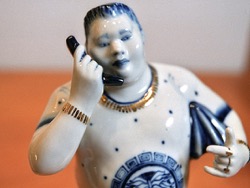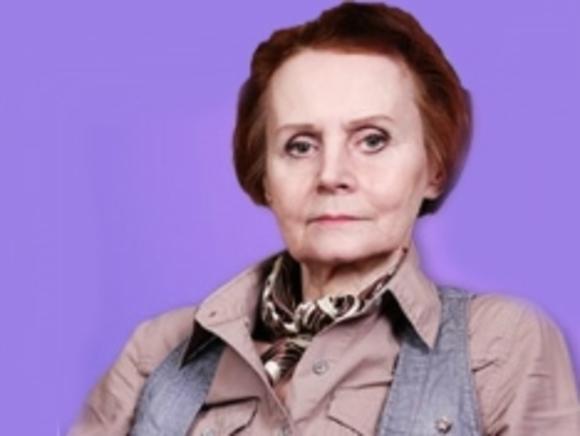
Children, poorly understand the Russian language, has already become a problem for teachers and teachers of Russian schools. Often, these students fail to develop normal secondary school curriculum. In this case the Ministry of education does not know how many children who do not speak confidently of the Russian language, taught in state educational institutions.
Children rallied one class
In some schools of Moscow there is a problem with the classes in which the minimum number of Russian-speaking students.
“I had the following situation: the son moved from primary to secondary school. Of the four fourth grade made five fifth, as he created two of the Lyceum class, plus more from other schools the children came. And it turned out that the class my child was, first, the smallest (25-30 children, as in others, and 17), and secondly, 2/3 made up of children of immigrants, then how well Russian-speaking children almost wasn’t (only two girls). But it was not only about migrants from former Soviet republics.
We have, for example, the girl is Chinese, the boy is Korean, my son is a Jew,” says the mother of one of the disciples of Metropolitan secondary school Anna Goldberg.
According to her, the parents from that class started to Express their dissatisfaction, and the leadership of the school has translated some foreign children in other classes, and the class of her son added children for whom Russian language is native. “Thus, the balance just leveled out, and everything calmed down,” said Goldberg.
Officials do not know
Statistics reflecting how many children of migrants are studying in Russian schools, not conducted. At least this follows from the formal review of the Ministry of education and science.
“There is article 78 of the law “On education”, which guarantees equal rights to education in Russia for all, including for foreign nationals. Neither nationality nor ethnicity is not required when enrolling a student in school. The school can tell parents only under one condition: if it is no longer available.
The Ministry of education has no statistics on that, what countries ‘ citizens are studying in Russian schools.
Moreover, if you come to school, you do not ask and do not have the right to ask about the nationality or the ethnic origin of your child”, — noted in a press-Department service.
The interior Ministry, which after the dissolution of the FMS works to integrate migrants and foreign citizens in the Russian territory, reported that they did not have the statistical data, how many today in Russian schools pupils with foreign citizenship.
In this earlier “Газета.Ru” already wrotethat the Moscow Department of education ordered school principals to make personal files of students for information about the nationality of children.
Currently, however, the Department of education said that such practice does not exist.
“In accordance with your request about the number of children in Moscow schools, having a second citizenship, provide the following information: such data we do not collect,” — said in the Department.
Teachers do not know what to teach
According to the teachers, who had to teach children, poor knowledge of the Russian language, the problem here is not only and not so much the number of such students in the system of their training. So says the English teacher Nadezhda Dunaeva, who works at the school one of the sleeping areas of Moscow. In their educational institution about 15% are children of migrants.
“With the Russian language and generally accepted in our society, norms of behavior are often poorly known not only to migrant children but also children whose parents arrived in Moscow from the North Caucasus. Even if you have two or three of these a child class, then to work with them is very difficult. Imagine, all in class 25.
These three all learn very badly, as more than half of the material just don’t understand. And the teacher is the following choice: either to devote time only to those three or the rest of the class.
Well, if the teacher is a fan of his work and organizes additional classes for these guys, but you know that such teachers are the exception,” says Dunayev.
She added that the problem is much more serious than it might seem, because parents of such children at home don’t speak Russian, and unaffected by the environment of their compatriots living in Moscow.
“This means that children can’t just meet as follows with the Russian culture and Russian traditions, after all, the basis of this Dating — Russian language. Then they will not be able to integrate into our society and will continue to exist in your reality, which does not intersect with ours. And here’s a breeding ground for all sorts of ethnic criminal organizations. After all, not everyone can work as janitors or builders, and there are people that it is necessary”, — said the master.
According to her, in no event it is impossible to create separate schools for children who do not speak Russian as children need to communicate with each other.
“The ideal option would be the creation of special courses and programs within schools that foreign children were taught in separate programs, but within the same school. Since these children we are learning, we need to take responsibility for them, including teaching them that they could perceive our world and our culture,” — said Dunayev. While such school-based programs in Russia, she concluded.








